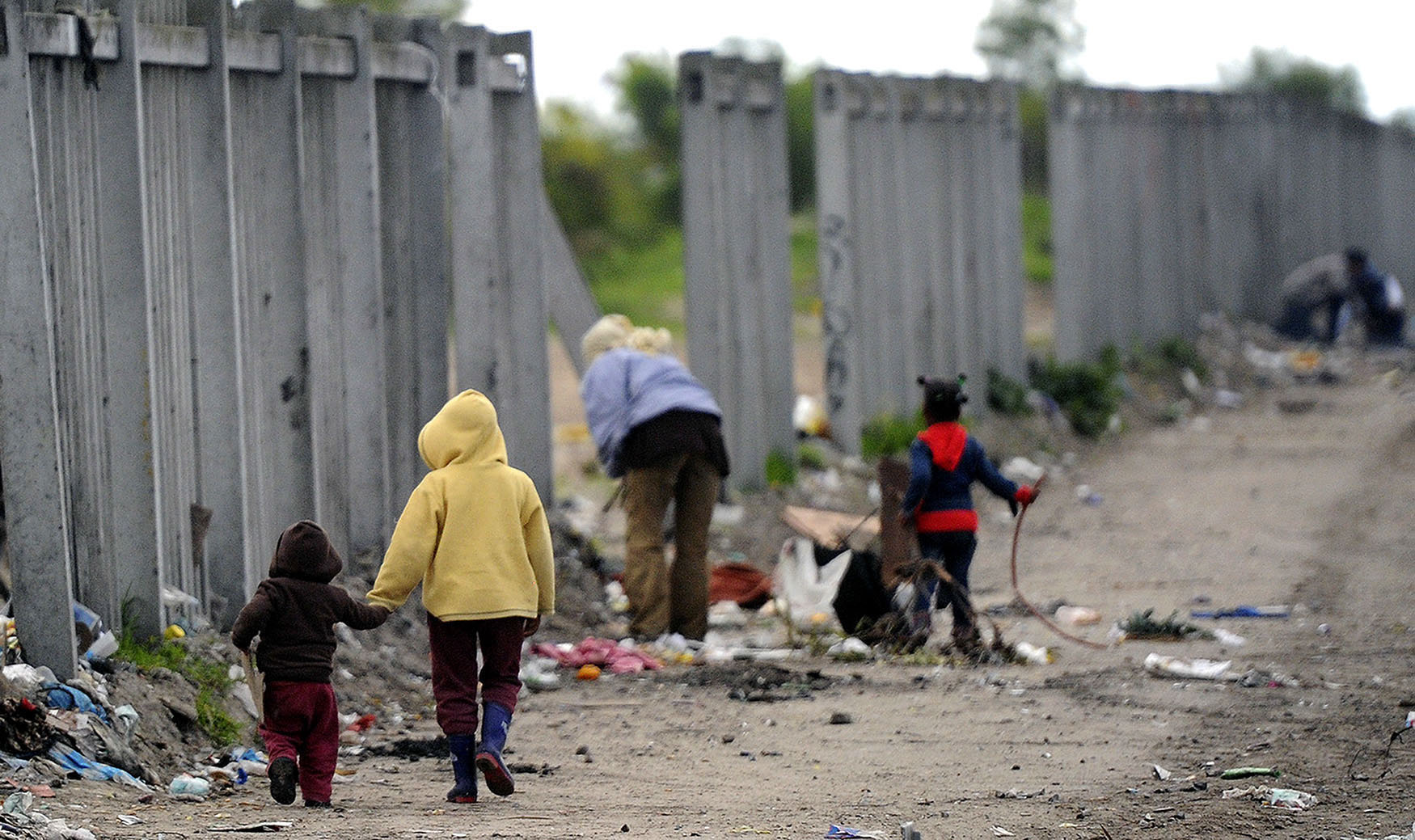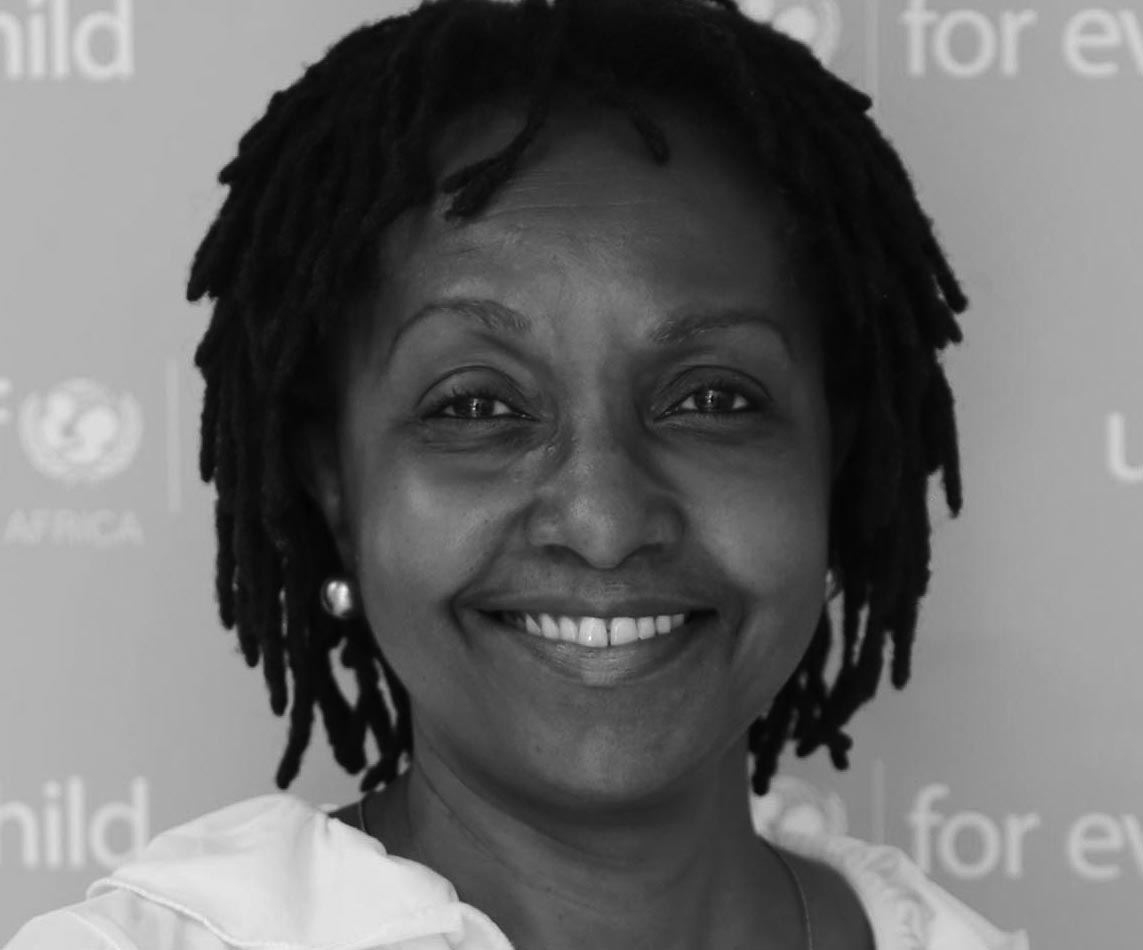In a world marked by rapid change and growing uncertainty, children are among the most vulnerable. While adults may have the tools to navigate these challenges, children rely on us – the policymakers, caregivers and leaders – to shield them from harm and create an environment in which they can thrive. The tabling of South Africa’s 2025 national Budget is a unique opportunity to rethink our fiscal priorities and place children at the heart of decision-making.
The stakes could not be higher. Six out of 10 children in South Africa are “multidimensionally poor” – suffering numerous and multiple overlapping deprivations from access to water, sanitation and hygiene, to housing, nutrition, child protection, health, child development and information. Youth unemployment stands at a devastating 60% for those aged 15 to 24, and child malnutrition remains a silent crisis, with 27% of children under five suffering from stunting – a condition that irreversibly affects their physical and cognitive development. Compounding these challenges is the sudden withdrawal of USAID grants, which, as has been reported here – threatens to increase child mortality and mother-to-child HIV transmission.
Against this backdrop, Budget 2025 presents both opportunities and concerns for South Africa’s children. On the positive side, the Budget includes measures that could indirectly benefit children, such as above-inflation adjustments to the Old Age Grant and an expansion of VAT-exempt essential food items.
The Budget also projects modest increases in basic education and health expenditures, with a notable 7.2% annual growth in the Early Childhood Development grant over the next three years. This is a welcome move, since investing in early childhood is one of the most effective ways to break the cycle of poverty and inequality. Similarly, the commitment to support compensation spending in the provincial health and education sectors is a critical step towards addressing the chronic underfunding that has left many schools and clinics struggling to function.
However, these steps, while commendable, are not enough to address the systemic challenges facing children and are overshadowed by broader fiscal pressures.
Transfers to provinces and local governments reflect an important spending priority but these allocations remain constrained, limiting their ability to deliver essential services. The introduction of a 0.5 percentage point increase in VAT, coupled with higher personal income taxes, places an additional burden on vulnerable households. For families already struggling to make ends meet, these changes could have devastating consequences, particularly for children who depend on their caregivers for survival and wellbeing.
Budget 2025 also raises questions about the long-term vision for South Africa’s children. While the adoption of a fiscal anchor in the form of a primary surplus is a positive step towards fiscal sustainability, it must not come at the expense of child-centred spending. A budget that fails to prioritise children today will undermine the country’s economic growth and social cohesion tomorrow.
Achieving a truly child-centric budget requires more than technical adjustments; it demands a fundamental shift in how we prioritise children in national policy. South Africa needs a national dialogue – led by and inclusive of children – to define long-term goals for their wellbeing and ensure that fiscal policies align with these objectives. Without such a dialogue, budgets risk being adjusted without the input of 34% of the population: the 21 million children whose futures depend on it.
Guided by its mandate to ensure every child has the right to survive, thrive and reach their full potential, Unicef has consistently worked to translate this vision into tangible action – whether in times of crisis or in the pursuit of long-term development. Unicef will continue to advocate for a child-friendly Budget process – in our role working alongside social partners in support of the South African government – to strengthen the commitment to children by increasing investments in education, health and social protection and by ensuring that fiscal policies do not disproportionately burden vulnerable households.
Children cannot wait for the fruits of long-term fiscal strategies. Their needs are urgent, and their potential is too great to ignore. Let us use this moment to recommit to their wellbeing, not as an afterthought, but as the foundation of a more equitable and prosperous South Africa.
The time to act is now. For children, there is no time to waste. DM
Christine Muhigana is the Unicef representative in South Africa.
Maverick Citizen
Budget fails to prioritise SA’s children — they can’t wait for the fruits of long-term fiscal strategies
The positive aspects of the Budget, while commendable, are not enough to address the systemic challenges facing children and are overshadowed by broader fiscal pressures.





